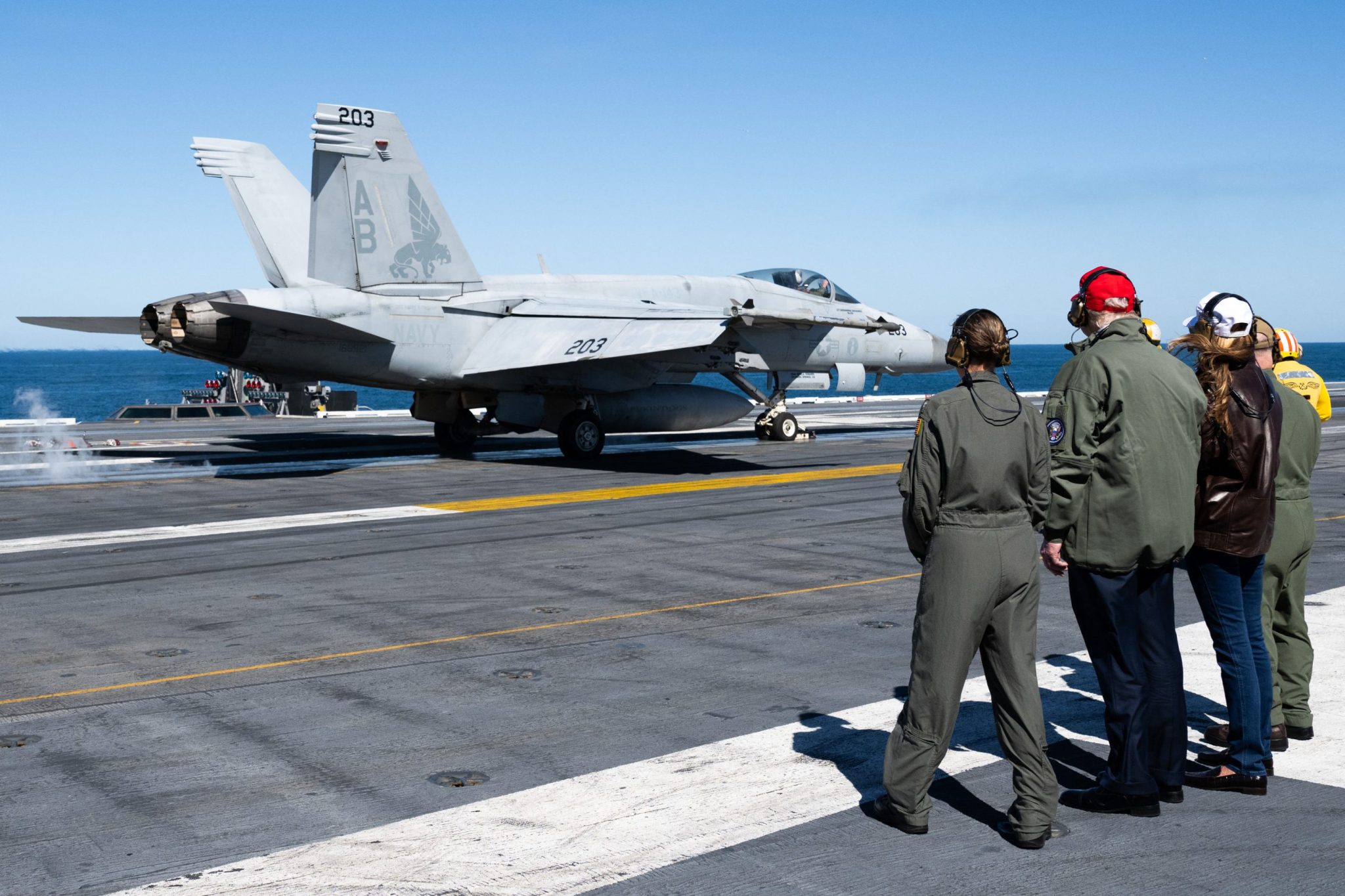
Boeing workers who manufacture military aircraft and weapons reject the latest offer and continue their months-long strike

Boeing Workers at three Midwestern plants where military aircraft and weapons are developed voted Sunday to reject the company’s latest offer and continue a strike that began roughly Three months ago.
The strike, by about 3,200 machinists at plants in Mascoutah, Illinois, and the cities of St. Louis and St. Charles, Missouri, was smaller in scale. Strike last year By 33,000 Boeing workers who assemble commercial planes, but they threaten to complicate the airline’s progress in aviation. And restore its financial standing.
“Boeing claimed it listened to its employees, and the result of today’s vote proves it did not,” Brian Bryant, president of the International Association of Machinists and Aerospace Workers, said in a statement.
Boeing said it was disappointed with the result and noted that the vote was close. The company said in a statement that it is increasingly listening to workers “who want to cross the picket line” and “understand the value of our offer.”
The statement said: “The union’s statement is misleading as the vote failed by a narrow majority, 51% to 49%.” “We are shifting our focus to implementing the next phase of our contingency plan to support our customers.”
The mechanics union acknowledged that the vote was close, but said in a letter to members that “a very small number” of workers crossed the picket line.
The union said: “Our solidarity remains strong, and the company’s claim otherwise is false.”
Union leaders say talks have stalled over issues such as wages and retirement benefits, while Boeing has said workers’ demands exceed the cost of living in the Midwest.
Ahead of Sunday’s vote, the union told its members that it was not recommending approval of the company’s latest offer, which it said had “no meaningful improvements” to retirement benefits and pay increases for workers with greater seniority.
Negotiations escalated over the summer in the days leading up to the strike, with workers rejecting a previously proposed agreement that included a 20% wage increase over the life of the five-year contract.
Boeing quickly responded with a revised agreement that did not consolidate the proposed wage increases but removed a scheduling provision that affected workers’ ability to earn overtime pay. The workers also rejected this offer, and went on strike the next morning. They too Vote against Terms revised in September.
The company said it was prepared to strike, with a contingency plan in place “to ensure the non-striking workforce can continue to support our customers.”
Boeing Defense, space and security business It represents more than a third of the company’s revenue. Boeing is scheduled to report on the third quarter Profits Wednesday.













Post Comment